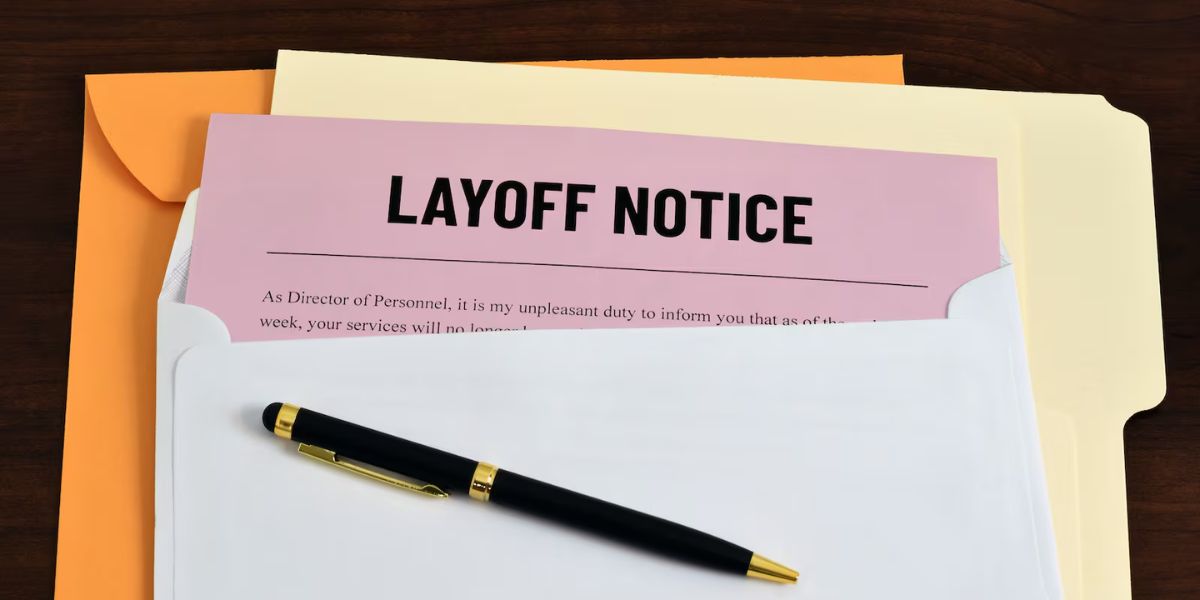Maryland Democratic lawmakers are pushing for a new bill that could raise the state’s minimum wage from $15 to $20 per hour by 2030. This new bill, known as the “Maryland No Tax on Tips Act,” would also include significant changes to how restaurant workers are paid, particularly for tipped workers.
The bill is being led by Del. Adrian Boafo from Prince George’s County and Sen. Cory McCray from Baltimore City. They argue that the current $15 per hour minimum wage is not enough to cover the rising costs of living, especially in a state like Maryland, where many workers struggle to make ends meet. Del. Boafo emphasized that all workers deserve to earn a living wage that allows them to afford housing, food, and other basic needs.
Key Features of the Bill
The Maryland No Tax on Tips Act is more than just a simple minimum wage increase. It has several key provisions, including:
- Raising the Minimum Wage: The bill aims to gradually raise the state’s $15 minimum wage to $20 per hour by 2030. However, the increase will not happen overnight and will depend on the results of a public vote by Marylanders.
- Changes for Service Industry Workers: Service industry workers, who rely heavily on tips, currently make a much lower minimum wage of $3.63 per hour. The new bill would gradually raise the service workers’ wages to $15 an hour, providing them with a more stable income.
- Exempting Tips from Taxes: One of the key parts of the bill would exempt tips from taxation. This means that restaurant workers would no longer have to pay taxes on the tips they earn, which can make a big difference in their overall income.
- Support for Restaurants: The bill also includes provisions to support restaurant owners as they adjust to paying higher wages. A $10,000 tax credit would be available to help restaurants with the cost of increasing wages.
- Longer Phase-Up for Service Workers: If the bill passes and Maryland voters approve the wage increase, the phase-up to $20 per hour will take longer for service workers compared to other workers. This is because their current wage is much lower, and the adjustment will need to be more gradual.
Republican Opposition
While the bill has strong support among Democrats, it faces significant opposition from Republicans. Many Republicans in the Maryland legislature argue that the bill is unrealistic and could hurt businesses. Senate Minority Leader Steve Hershey called the bill “dead on arrival,” meaning he doesn’t think it has any chance of passing.
House Minority Leader Jason Buckel of Allegany County expressed concern that such an increase would hurt small businesses, many of which may not be able to afford the higher wages. Republican Del. Seth Howard from Anne Arundel County also pointed out that there is no law preventing businesses from already paying employees $20 an hour if they choose to do so, meaning this bill would force small businesses to comply with a wage increase that might be difficult for them to manage.
Support for the Bill
Despite the Republican opposition, the bill has a lot of support, especially from workers and advocacy groups. A poll conducted by Hart Research Associates found that 63% of likely Maryland voters support raising the minimum wage to $20 per hour.
One of the biggest supporters of the bill is Saru Jayaraman, the president of One Fair Wage, an organization that works to eliminate subminimum wages for service workers. She argued that service workers, particularly Black women, are the most affected by low wages and tips. According to Jayaraman, the system of relying on tips is unfair and leaves workers vulnerable to harassment and unstable income.
Khadija Sheriff, a Maryland service worker, shared her own experience of struggling to make ends meet on a subminimum wage. She explained that her rent and bills remain the same each month, but her tips can fluctuate wildly, making it hard to plan and manage her finances. “Living on subminimum wage and relying on tips is incredibly unstable,” she said. “It’s hard not to feel like my livelihood is at the expense of someone else’s mood.”
Looking Ahead
This bill is not just limited to Maryland. States like California, Oregon, and Washington already require restaurants to pay workers the state minimum wage, with tips added on top. Other states, like New York, Colorado, Arizona, and Ohio, are considering similar legislation.
While the bill has a long way to go before it becomes law, it’s clear that there is growing support for raising the minimum wage, particularly for workers in the service industry. If passed, the Maryland No Tax on Tips Act could set a precedent for other states to follow, helping to improve the lives of workers who have been left behind by the current wage system.
(Source : americanmilitarynews.com)


 by
by 

